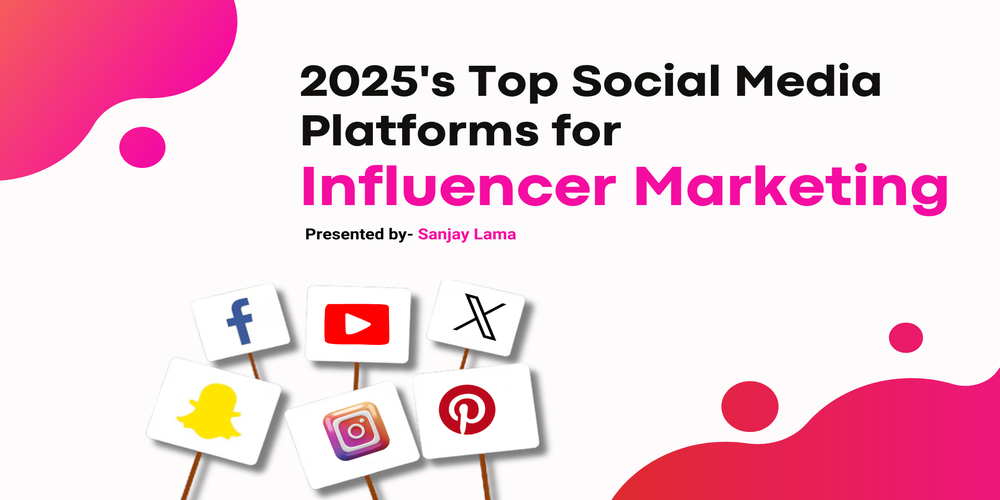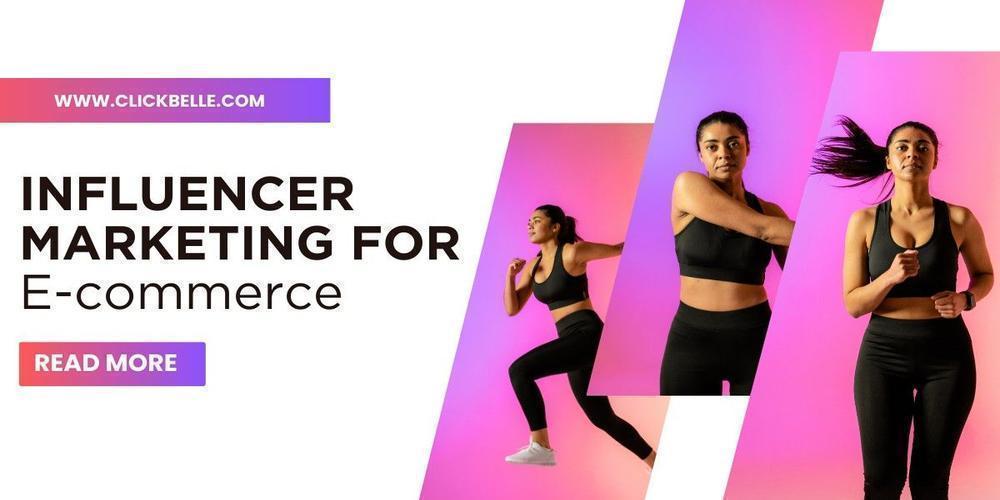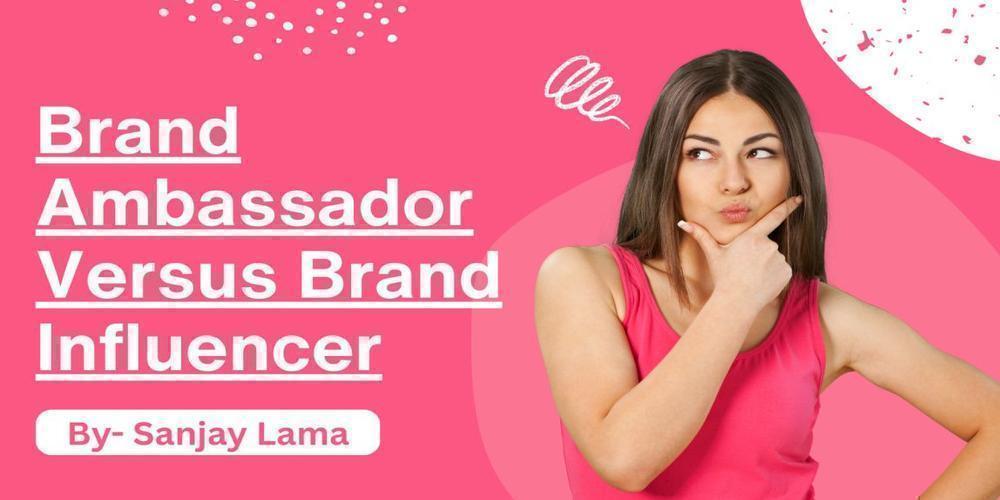Influencer marketing is one of the most important strategies for businesses attempting to engage with their target consumers on social media. As 2025 unfolds, new trends and features shape the landscape, making it essential for businesses and content creators to stay ahead. With diverse platforms offering different types of engagement, choosing the right one can significantly impact brand visibility and growth. Here’s a look at the top social media platforms for influencers in 2025.
 Instagram's visual storytelling features continue to make it one of the best social media for influencer marketing. With tools like Instagram Live, Reels, and Stories, influencers can produce interesting content that engages their audience. By 2025, Instagram influencer marketing strategies will focus even more on e-commerce, with affiliate links and in-app purchases making it simpler for marketers to monitor conversions. The visually-driven platform of Instagram continues to support industries like fashion, beauty, and travel.
Instagram's visual storytelling features continue to make it one of the best social media for influencer marketing. With tools like Instagram Live, Reels, and Stories, influencers can produce interesting content that engages their audience. By 2025, Instagram influencer marketing strategies will focus even more on e-commerce, with affiliate links and in-app purchases making it simpler for marketers to monitor conversions. The visually-driven platform of Instagram continues to support industries like fashion, beauty, and travel.
YouTube
 YouTube continues to be a leading platform among influencer marketing platforms 2025, giving influencers various options to reach viewers. With the popularity of YouTube Shorts, producers can now publish brief, interesting clips in addition to long-form videos, increasing interaction chances. YouTube influencer collaborations remain crucial for brands looking to create vlogs, product reviews, and tutorials that provide genuine recommendations. In 2025, YouTube will be ideal for tech, lifestyle, and instructional content due to its robust revenue options and high engagement rate.
YouTube continues to be a leading platform among influencer marketing platforms 2025, giving influencers various options to reach viewers. With the popularity of YouTube Shorts, producers can now publish brief, interesting clips in addition to long-form videos, increasing interaction chances. YouTube influencer collaborations remain crucial for brands looking to create vlogs, product reviews, and tutorials that provide genuine recommendations. In 2025, YouTube will be ideal for tech, lifestyle, and instructional content due to its robust revenue options and high engagement rate.
 Despite shifting trends, Facebook is a vital platform for influencer marketing platforms 2025 because of its enormous worldwide audience. Influencers and brands work together through Facebook Groups, Live Streams, and Stories to produce engaging content that builds community ties. The platform's sophisticated ad targeting features enable companies to connect with particular demographics, making it particularly useful for sectors like business coaching, e-commerce, and health. By combining paid advertising with organic reach, Facebook will continue to be a top social media platform for influencers in 2025.
Despite shifting trends, Facebook is a vital platform for influencer marketing platforms 2025 because of its enormous worldwide audience. Influencers and brands work together through Facebook Groups, Live Streams, and Stories to produce engaging content that builds community ties. The platform's sophisticated ad targeting features enable companies to connect with particular demographics, making it particularly useful for sectors like business coaching, e-commerce, and health. By combining paid advertising with organic reach, Facebook will continue to be a top social media platform for influencers in 2025.
Twitter (X)
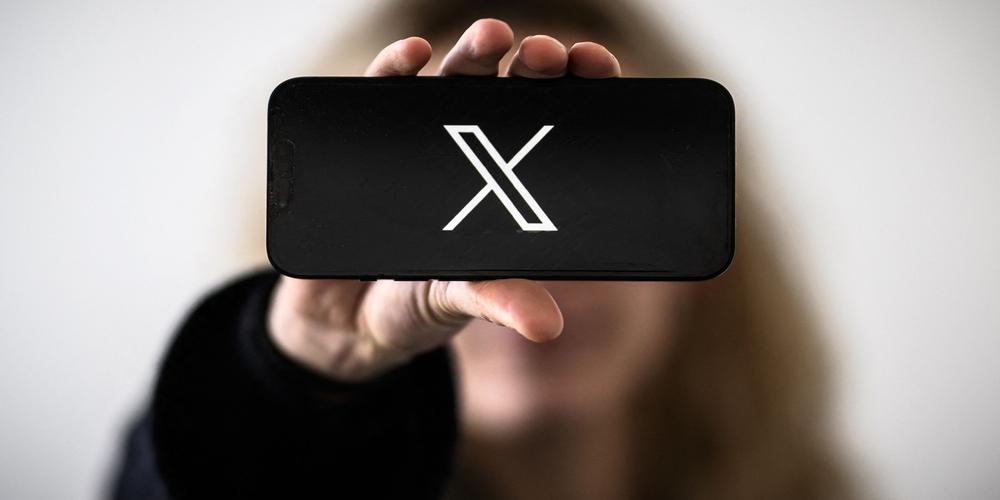 As a top social media platform for influencers, Twitter (now X) remains valuable for marketers. Influencers can lead live debates using tools like Twitter Spaces, and brands can use popular hashtags to create viral campaigns. The platform continues to be especially effective in the sports, entertainment, and news sectors, where prompt updates and communication are crucial. Companies utilize X to engage audiences with direct dialogue, polls, and fast updates. In 2025, X will continue to be a potent platform for influencer marketing platforms 2025 due to its quick-paced nature and ability to generate global conversations.
As a top social media platform for influencers, Twitter (now X) remains valuable for marketers. Influencers can lead live debates using tools like Twitter Spaces, and brands can use popular hashtags to create viral campaigns. The platform continues to be especially effective in the sports, entertainment, and news sectors, where prompt updates and communication are crucial. Companies utilize X to engage audiences with direct dialogue, polls, and fast updates. In 2025, X will continue to be a potent platform for influencer marketing platforms 2025 due to its quick-paced nature and ability to generate global conversations.
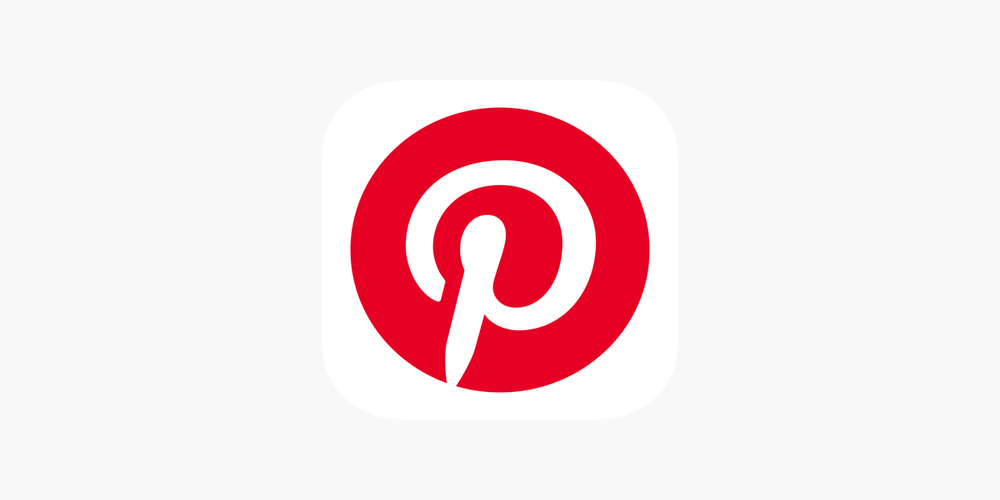 Pinterest remains a hidden treasure for DIY, home décor, and lifestyle firms, providing a unique platform for sustained interaction. Pinterest marketing for brands is gaining more traction as influencers use Idea Pins to create visually striking content that engages viewers and generates natural traffic. Since Pinterest is a search-based platform, influencer material remains relevant for months or even years. Thanks to robust product discovery tools, businesses can highlight products through shoppable posts and rich pins. As of 2025, Pinterest remains a top social media platform for influencers, assisting marketers in reaching consumers seeking motivation and original concepts.
Pinterest remains a hidden treasure for DIY, home décor, and lifestyle firms, providing a unique platform for sustained interaction. Pinterest marketing for brands is gaining more traction as influencers use Idea Pins to create visually striking content that engages viewers and generates natural traffic. Since Pinterest is a search-based platform, influencer material remains relevant for months or even years. Thanks to robust product discovery tools, businesses can highlight products through shoppable posts and rich pins. As of 2025, Pinterest remains a top social media platform for influencers, assisting marketers in reaching consumers seeking motivation and original concepts.
Conclusion
The influencer marketing platforms 2025 landscape is diverse, with each platform offering unique opportunities for brands and content creators. Long-form interaction is where YouTube shines, whereas Instagram influencer marketing strategies dominate short-form video content. Facebook and LinkedIn serve as community-driven marketing platforms, while Twitter is crucial for real-time discussions. Pinterest marketing for brands is still an excellent resource for visually appealing content that lasts. To create top social media platforms for influencers that are impactful and engaging, organizations must leverage the appropriate platforms as they navigate the ever-evolving digital landscape.

